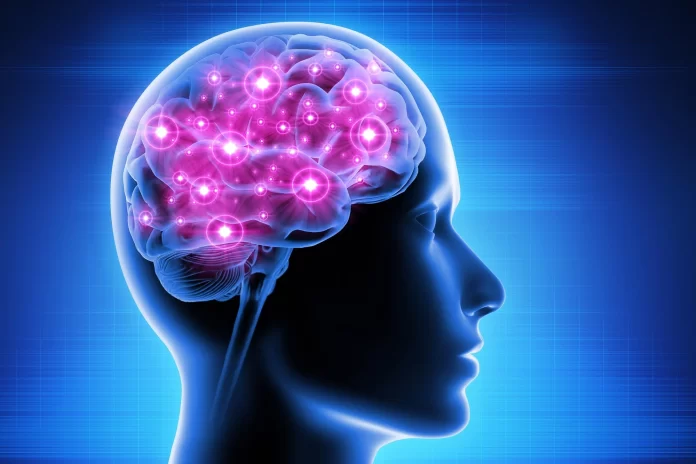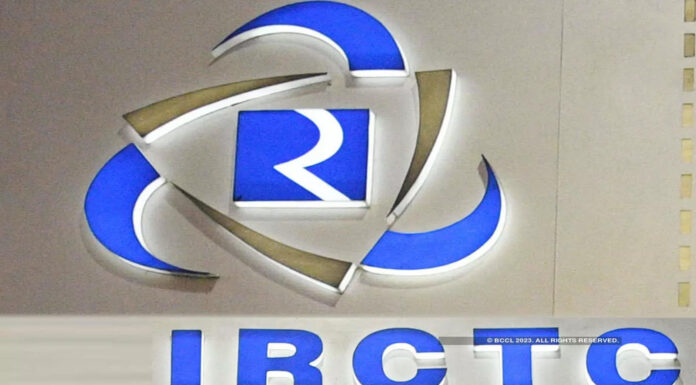Habits to Keep Your Brain Active and Alive: Unlock the Secret to a Sharp Mind
In today’s fast-paced world, maintaining a sharp and active mind is more crucial than ever. Whether you’re navigating complex professional challenges, striving for personal growth, or simply aiming to stay mentally agile as you age, adopting habits that keep your brain in peak condition can make a significant difference. Here’s a comprehensive guide to unlocking the secret of a vibrant and sharp mind.
1. Engage in Regular Physical Exercise
Exercise isn’t just good for your body—it’s also essential for your brain. Regular physical activity increases blood flow to the brain, which supports cognitive functions and promotes the growth of new neurons. Activities such as brisk walking, swimming, or cycling have been shown to improve memory, concentration, and overall brain health. Aim for at least 150 minutes of moderate-intensity exercise per week.
2. Stimulate Your Mind with Mental Challenges
Keeping your mind active involves more than just physical activity. Engage in mentally stimulating activities that challenge your cognitive abilities. Puzzles, crosswords, Sudoku, and brain-training apps can help sharpen your problem-solving skills and memory. Additionally, learning a new language, playing a musical instrument, or taking up a new hobby can provide significant cognitive benefits.
3. Maintain a Balanced Diet
What you eat directly impacts your brain health. A diet rich in antioxidants, healthy fats, vitamins, and minerals supports cognitive function and protects against neurodegenerative diseases. Incorporate foods like berries, leafy greens, nuts, seeds, and fatty fish (such as salmon and mackerel) into your diet. Avoid excessive sugar and processed foods, which can negatively affect brain function.
4. Prioritize Quality Sleep
Sleep is crucial for brain health. During sleep, the brain consolidates memories and clears out toxins. Aim for 7-9 hours of quality sleep per night. Establish a regular sleep schedule, create a restful environment, and avoid screens before bedtime to improve your sleep quality.
5. Practice Mindfulness and Stress Management
Chronic stress can impair cognitive function and lead to mental fatigue. Practices such as mindfulness meditation, deep breathing exercises, and yoga can help manage stress levels and enhance mental clarity. Regularly setting aside time for relaxation and reflection can improve your emotional resilience and overall brain health.
6. Stay Socially Connected
Social interactions are beneficial for mental health and cognitive function. Engaging in meaningful conversations, participating in social activities, and maintaining strong relationships can help prevent cognitive decline and enhance emotional well-being. Join clubs, volunteer, or simply spend time with friends and family to keep your social life active.
7. Challenge Your Brain with Learning
Lifelong learning is a key component of maintaining cognitive vitality. Continuously seek opportunities to expand your knowledge and skills. Take online courses, attend workshops, read books, or engage in intellectual discussions. The more you challenge your brain with new information, the more it will adapt and thrive.
8. Stay Hydrated
Dehydration can negatively impact cognitive function, causing confusion, poor concentration, and memory issues. Make sure to drink plenty of water throughout the day to keep your brain hydrated and functioning optimally. Aim for about 8 glasses (2 liters) of water daily, or more if you are physically active.
9. Incorporate Creative Activities
Engaging in creative activities can stimulate different parts of the brain and promote cognitive flexibility. Activities such as painting, writing, dancing, or crafting not only provide a mental workout but also offer emotional satisfaction and stress relief.
10. Regular Health Check-ups
Regular health check-ups can help identify and manage conditions that may affect brain health, such as hypertension, diabetes, or high cholesterol. Keeping these conditions in check through medical guidance and lifestyle changes can support overall cognitive function and well-being.
Conclusion
Maintaining an active and sharp mind requires a holistic approach that includes physical exercise, mental stimulation, a balanced diet, quality sleep, stress management, social interaction, continuous learning, hydration, creativity, and regular health check-ups. By incorporating these habits into your daily routine, you can unlock the secret to a vibrant and resilient brain, ensuring that your cognitive abilities remain sharp and active for years to come.
Start small, be consistent, and remember that every step you take towards better brain health is a step towards a brighter, more engaged future.




























